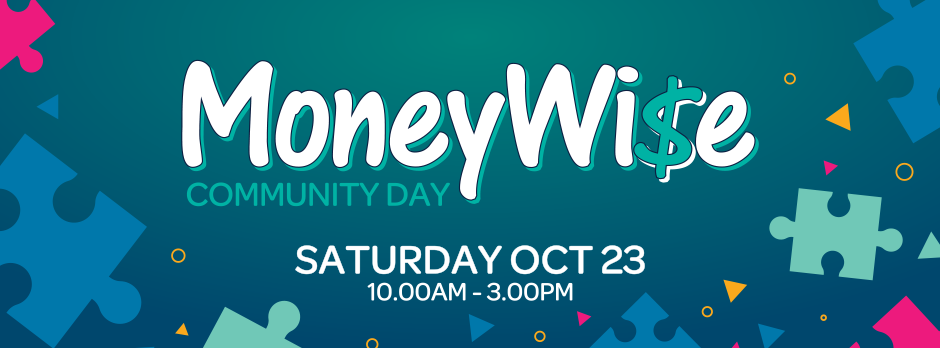The internet helps us stay connected and streamlines our daily lives – especially at work. This was particularly true during COVID.
With many workers clocking in from home during lockdowns, we were relying on the internet more than ever to communicate and carry out our daily tasks. And this is still the case for those who continue to work remotely.
But as important as getting online is in this modern, post-pandemic world, research shows 11% of Australians are considered highly excluded from Australia’s digital transformation.
RAQ’s Talent and Diversity Manager Ben Bolt discusses the importance of digital inclusion and how businesses can be more digitally inclusive.
What is digital inclusion?
“Digital inclusion is based on the premise that everyone should be able to make full use of digital technologies and the benefits they bring.” – Australian Digital Inclusion Index
But while getting online is second nature to many, some people are still being left behind.
This might be due to:
- Digital literacy – Ability and confidence using technology/the internet
- Availability – Availability of internet and connected devices in their area
- Affordability – Financial means to get online
- Accessibility – Whether digital devices and information are catered to specific needs, languages, impairments, disabilities, etc.
- Domestic and family violence – Some perpetrators of domestic abuse restrict and or/monitor their victim’s access to devices and/or the internet.
Why is digital inclusion important?
“COVID-19 meant many of us turned to the internet to connect with our family, friends, and networks, as well as access to important services like health and counselling, education, banking, shopping, and to work,” Ben says.
“It’s changed the way we live and will continue to influence how we do these things in future.”
“Where people or communities have limited or no access to the internet, or access to the information and services it provides in a meaningful way, it’s not possible to develop this digital skillset or benefit from these changes,” he explains.
“This lack of access can affect the most vulnerable people and communities in our societies, and can be especially true for some First Nations (Australian Aboriginal and/or Torres Strait Islander) Peoples, refugees and migrants, the elderly, People living with a Disability, culturally and linguistically diverse people, and socially isolated people.”
How can businesses be more digitally inclusive?
It’s up to businesses to ensure digital inclusivity for their team members and for the people accessing their website and digital information.
Ben suggests expanding your thinking around what kinds of people might be accessing your online content.
“Add captions to your video content, and where possible, consider making content available in different languages,” Ben suggests.
“This can aid people with disabilities, learning difficulties, visual impairments, and people who speak English as a second language.”
When it comes to getting staff members online, you can be digitally inclusive by:
- Providing initial and ongoing training for staff members using digital devices and platforms
- Regularly asking for feedback to ensure staff members are confident with digital processes
- Providing how-to guides and FAQs to help staff members troubleshoot themselves.
We offer tips to protect your digital safety in this blog post: How to Stay Safe Online






